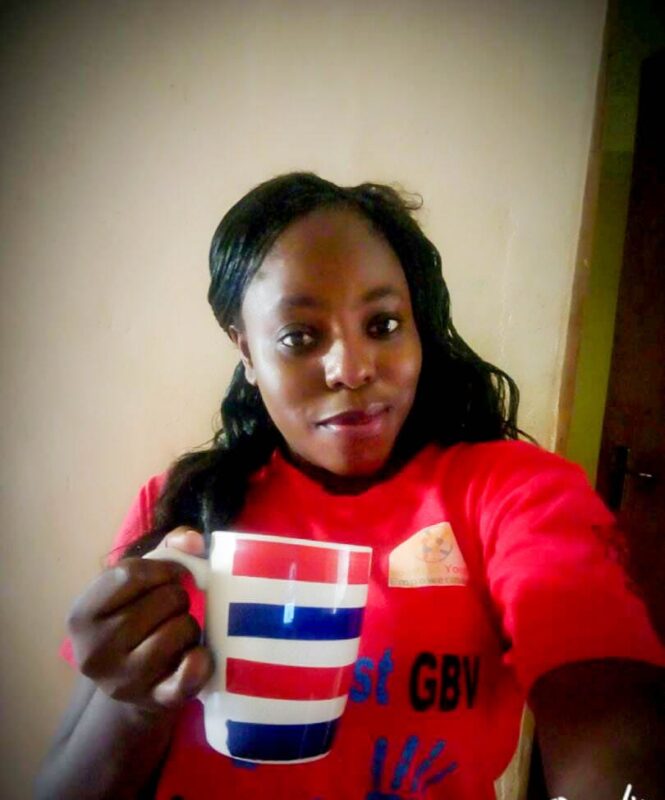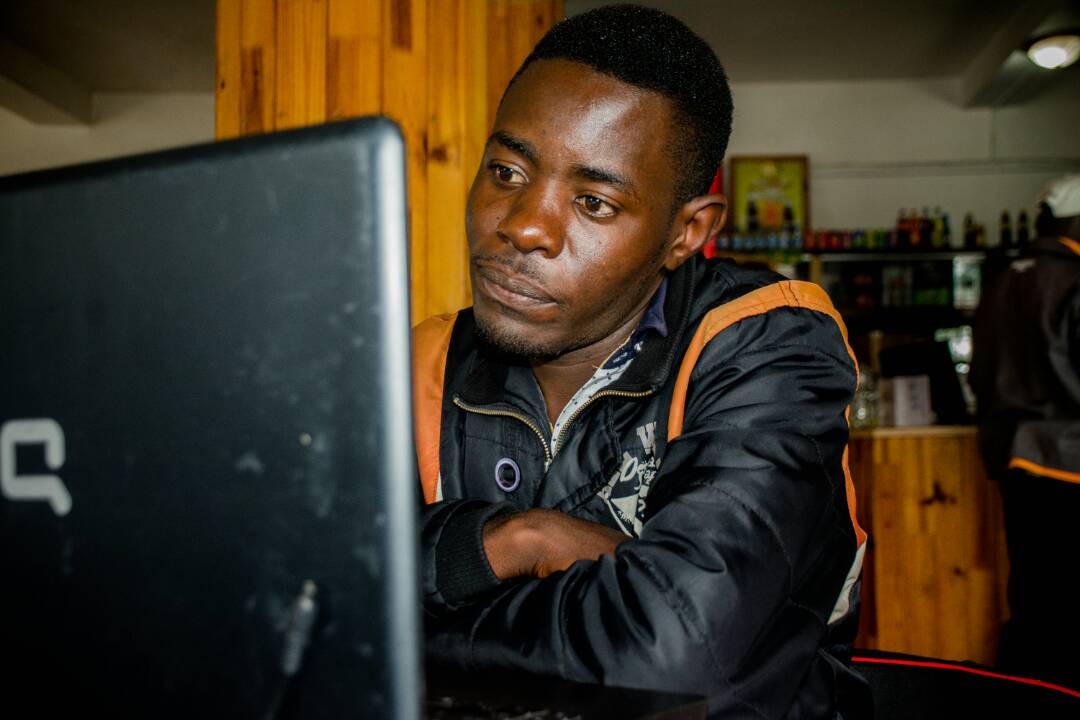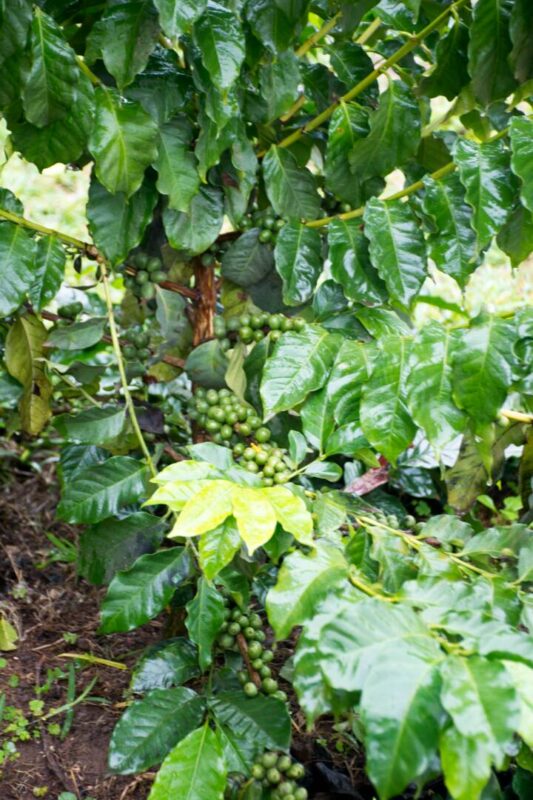Besides numerous attractive places in Malawi, which includes the third largest lake in Africa, Lake Malawi, and mountains, Malawi has yet another gold earner: Malawi coffee grown in Phoka, Viphya, Misuku, Nkhatabay Highlands and South East of the Mzimba district in the northern region.
Malawi coffee, prepared from coffee beans, which are the seeds of berries from the coffee plant, are roasted on varying degrees of heat and later boiled in water to make a beverage depending on the desired flavor.
The drink is mostly enjoyed by travelers and tourists in Malawi, and it is said to be slightly acidic and has a stimulating effect on humans because of its caffeine content, which allows consumers to stay active for long hours. In most restaurants in Malawi and elsewhere in the world, coffee is presented in a variety of ways such as espresso, French press, Cappuccino, cafe latte, and usually served hot, although iced coffee is also served.
Besides being produced in Malawi, the product is rarely consumed by the natives because most of them believe it is too expensive for the average Malawian. “I take coffee as a luxurious product to me, so I can’t go for it before I can have my basic necessities and at the current price that it is selling at,” said Alice Mphasi from Katawa in Mzuzu.
Meanwhile, it has been observed that a small proportion of college and university students use the Malawi coffee to prolong their study hours and its effectiveness has been proven. One student from Malawi Assemblies of God University, Milcah Bonyonga a teacher by profession, said taking two spoons of coffee is enough to keep her active for about three to four hours out of her normal active times.
However, she pointed out the price of the product can make one go broke, keeping most Malawians from using it. According to the Mzuzu Coffee Den shop price list, a cup of coffee is served at 700 Malawi kwacha while a pack of 500 grams sells at MKW 4, 246. (To put this in perspective, minimum wage in Malawi is MKW 687.70 per day, and Malawi has the lowest Gross National Income in the world, according to the World Bank.)
Although the drink is not used by many Malawians, clinical studies have indicated that moderate coffee consumption is benign and mildly beneficial in healthy adults. An article written by Kris Gunnars, BSc, indicates that coffee is loaded with antioxidants and beneficial nutrients that can improve someone’s health.
Currently there is a growing demand for coffee among the Malawi working class, as many young people visit the place for a cup of coffee with their loved ones and families.
Since the introduction of Mzuzu Coffee Den, under the direction of Mzuzu coffee cooperative in the Malawi's ever green city, the product has largely been recognized on the international market for its quality. It is mainly exported to Western countries, including the United Kingdom.



